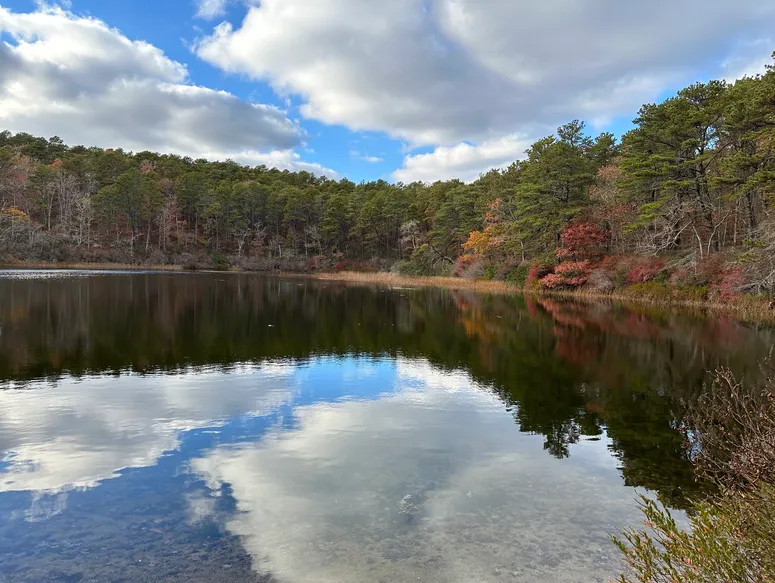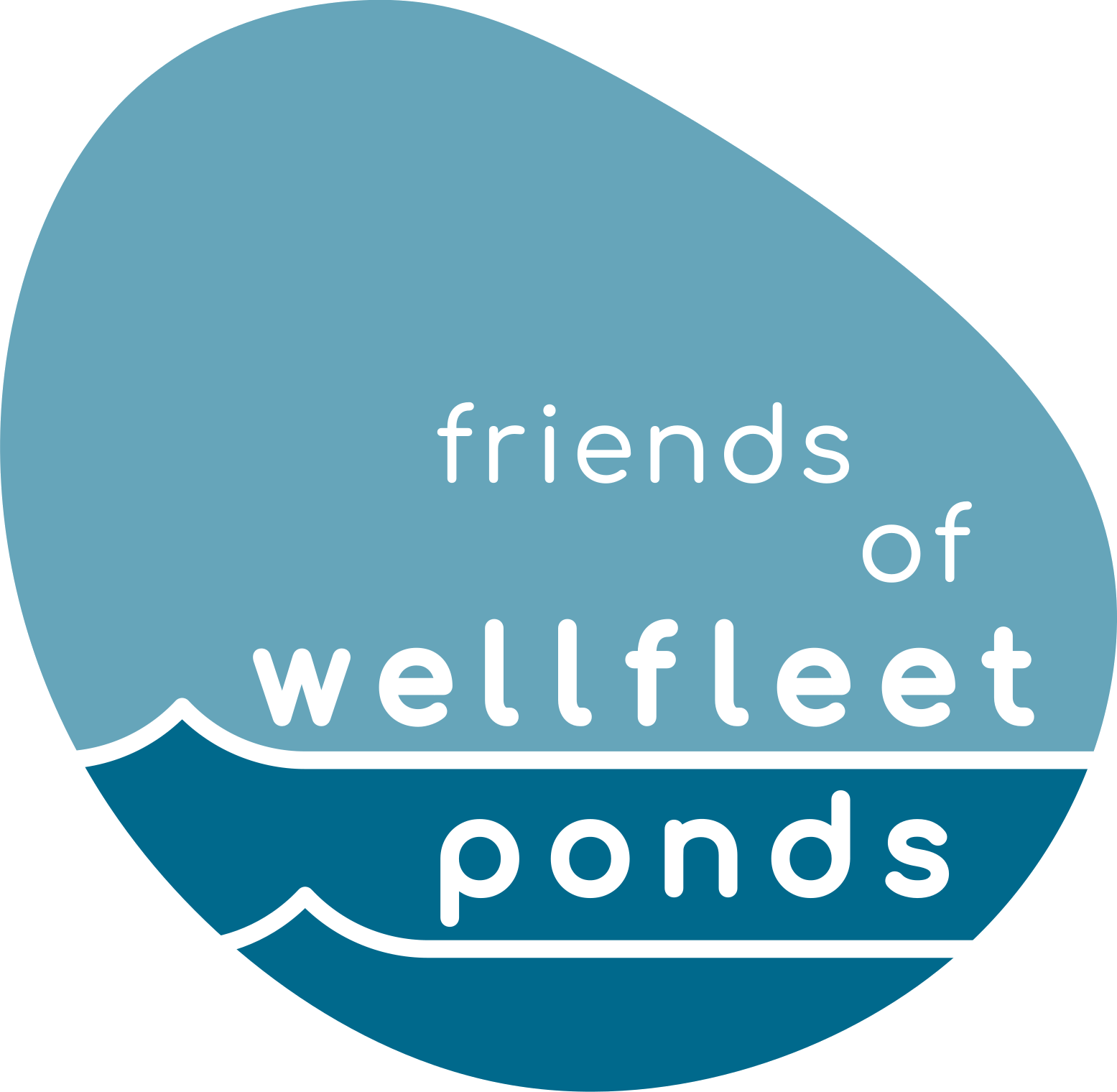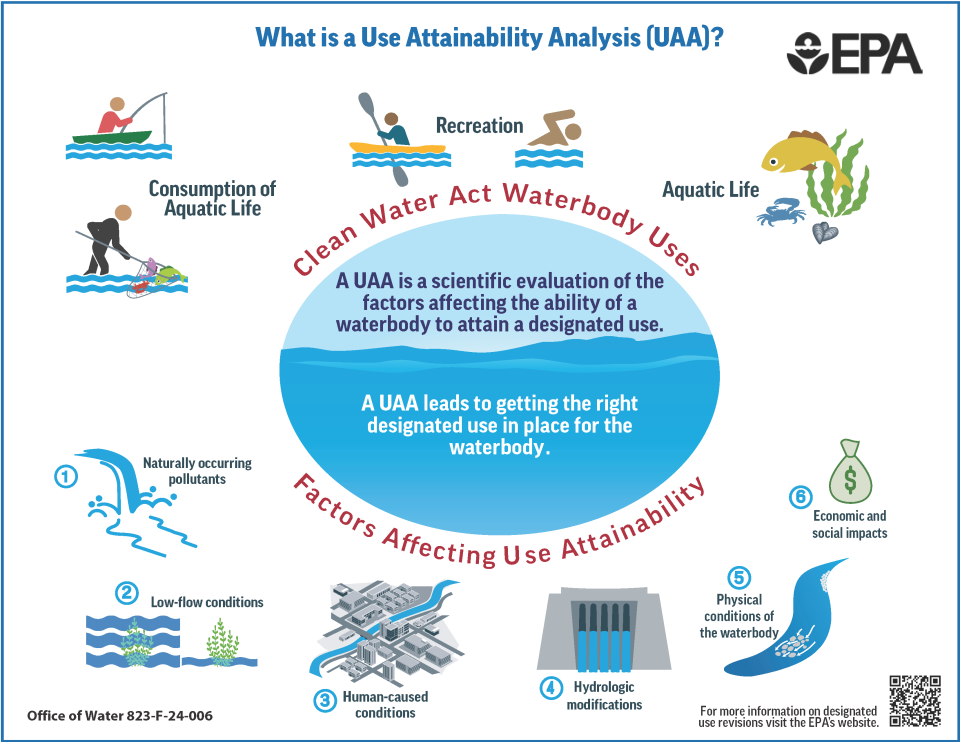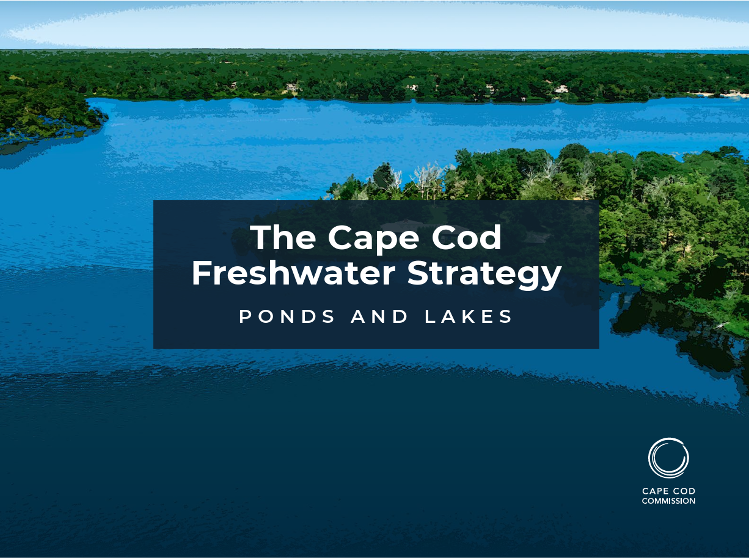Over the past few years, news and information from various sources speak to the need to address water quality issues in the ponds, bays and marshes that make the environment of Cape Cod so special. The Friends of Wellfleet Ponds is committed to doing everything we can – via public awareness, advocacy, monitoring and other means – to help preserve and sustain optimal water quality in the precious ponds that serve and enrich our community life in so many ways.
This section of the website was developed to serve as a primer to inform those who care about water quality in Wellfleet ponds about: what the issues are, how our ponds are being monitored, what the data from monitoring can tell us, and what we can do to help. We invite you to read on, learn more and consider doing your part!
A WEE BIT OF WATER QUALITY HISTORY
Water quality is a concept that has meant different things to different people in different times and circumstances. Although it’s a popular buzzword today, it’s taken a long time in the history of our relationship with our ponds, rivers and bays for us to truly appreciate what a precious resource ponds are, and the need to be more attentive to, and stewarding of, their quality and care.
The seminal wake-up-call for such awareness in the U.S. happened in the summer of 1969, when national news coverage shone a light on the so-polluted-with-industrial-wastes Cuyahoga River in Cleveland, Ohio catching fire and burning. That event, and the groundswell of media attention it attracted, turned out to be a key stimulus to passage of the landmark Clean Water Act (CWA) of 1972, and the many environmental regulations and water quality protection efforts that have since emerged from it.

“Water is the most critical resource issue of our lifetime and our children’s lifetime. The health of our waters is the principal measure of how we live on the land.”
Luna Leopold
FISHABLE AND SWIMMABLE
From the outset, the primary goal of the CWA was to establish policies aimed at making all U.S. waters “fishable and swimmable” to ensure that water quality levels supported both fish and wildlife as well as recreational activities in them. Guidelines were established for dissolved oxygen, fecal coliform and other water quality measures deemed essential for enabling those two categories of water uses. The CWA also required states to establish water quality standards respective to those uses.
As equipment and procedures for evaluating the condition of our waterways became more refined and precise, more-detailed guidelines were established for selected “designated uses”, including public water supply, agriculture, industry and navigation. Numeric scales were developed for various water quality indicator measures to quantify how good or bad conditions were relative to those uses.
MEANWHILE – ON CAPE COD …
Cape Codders have long cultivated a deep connection to the wealth of water resources around them, both in shaping the quality of their lives and supporting the varied livelihoods that have always sustained them. Although for much of that history, appreciation and awareness of the water quality aspects of that connection lagged far behind the ways those waters were put to use, over the past several decades, realization of this critical need has manifested in many avenues of potent stewardship.
Although the lion’s share of that focus has been directed to ways of better managing and protecting the health of the Cape’s ocean and bay waters, more attention is now being given to the hundreds of natural ponds that add like measure to the Cape’s aesthetic beauty and recreational lure. The blue box highlights several key milestones along the path to better care and protection for the health of Cape Cod’s ponds.
Major milestones for Cape Cod water quality
- 1961 creation of the Cape Cod National Seashore, protecting 43,000+ acres of Outer Cape lands & waters from development and initiating long-term comprehensive monitoring of its ponds
- 1968 formation of the Association to Preserve Cape Cod (APCC), which has since grown to be a fierce advocate for promoting protection, awareness and monitoring of the Cape’s waters
- 1980’s designation by the EPA of Cape Cod’s groundwater as a sole-source aquifer, leading to establishment of Wellhead Protection Areas to regulate land uses impacting water quality
- 1990 establishment of the Cape Cod Commission (CCC), an agency charged with the vital mission of managing & protecting the Cape’s natural resources in the face of explosive growth
- Year-2000 founding of the Pond and Lakes Stewardship (PALS) project, engaging hundreds of citizens in monitoring Cape ponds
- 2003 – the CCC publishes its first Cape Cod Pond & Lake Atlas; an updated version of the Atlas is released in 2021
- 2018 release of the first annual State of the Cape Waters report, featuring a scoring system to assess the health of Cape waters
- 2025 release of the CCC’s Cape Cod Freshwater Strategy Ponds and Lakes, offering a wealth of information, tools and resources to engage groups across the Cape in becoming better pond stewards
The Cape Cod Commission has released an outstandingly comprehensive resource for strategizing and implementing better protection of our freshwater ponds on Cape Cod. Check it out at: https://ccc-plans.org/freshwater
CRUSADERS FOR CAPE COD PONDS
Concerns about water quality issues in Cape Cod ponds have spawned formation of several volunteer-driven pond organizations that watch over and steward ponds in their parts of the Cape. One of the first to do so was the Gull Pond Area Conservation Association (GUPACA), which has been engaged in watching over Wellfleet ponds since 1983 and served as forerunner to the new Friends of Wellfleet Ponds initiative. Other active pond groups include the: Brewster Pond Coalition, Orleans Pond Coalition, Friends of Chatham Waterways and Friends of Peters Pond to name a few. Newly-formed groups benefit much from the pioneering efforts of these dedicated organizations. Visit any of their websites to learn more about the good work they do.
Friends of Wellfleet Ponds would like to acknowledge the following experts for providing review and input on content in the water quality section of the website
Sophia Feuerhake. Freshwater Science Coordinator, Association to Preserve Cape Cod
Sophia Fox, Ph.D. National Park Service Ecologist, Cape Cod National Seashore
Julie Hambrook, Ph.D. Pond and Cyanobacteria Program Manager, Association to Preserve Cape Cod
Tara Lewis. Water Resources Analyst, Cape Cod Commission
Heather McElroy. Natural Resources Program Manager, Cape Cod Commission
Tim Pasakarnis. Water Resources Analyst, Cape Cod Commission
Erin Perry. Deputy Director, Cape Cod Commission
Dr. John Portnoy, Ph.D. National Park Service Ecologist, Cape Cod National Seashore (retired)
Jessica Rempel. Natural Resources Analyst, Cape Cod Commission


